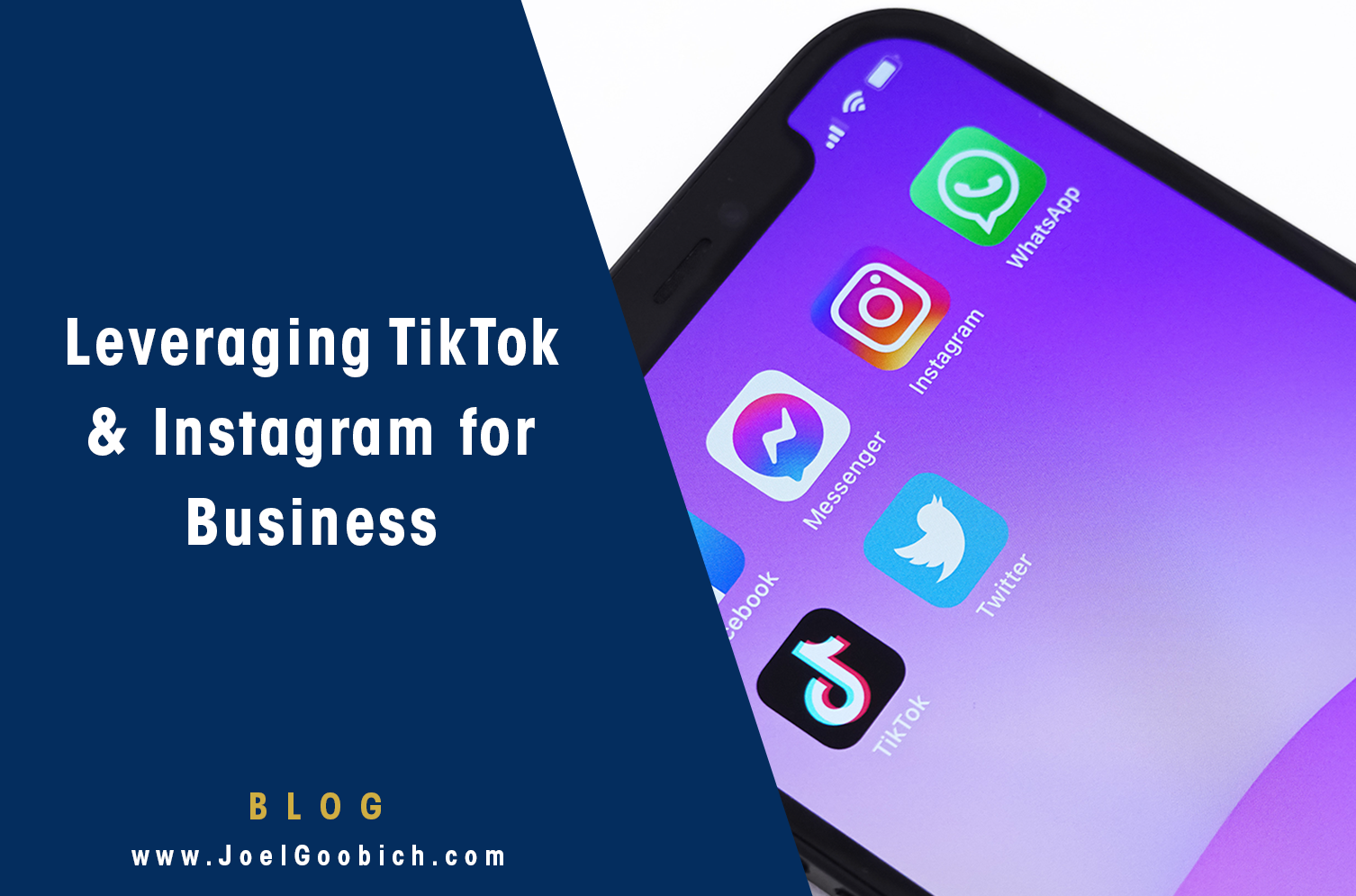The Superlative Epidemic: Are We Overusing Extreme Language?
I’m somewhat of a sports junkie with a keen interest in watching sports of all kinds. For me, sports are my reality TV because of their authentic and unscripted events. Live coverage in particular adds to my experience by providing context and flavor. However, in recent years, sports broadcasting and media coverage, in general, have become inundated with excessive hyperbole. Every catch is labeled as “great,” every superstar is declared as the GOAT (greatest of all time), and every All-Star is predicted to be a future Hall of Famer. I find this trend embodies a trend of lazy communications.

Superlatives have lost their meaning.
The excessive use of superlatives has resulted in their loss of impact and significance. Simply put, superlatives have lost their punch and their meaning.
With an abundance of information and instant access to it, people often resort to employing these adjectives to describe commonplace or entirely anticipated occurrences. Words like ‘amazing’, ‘incredible’, and ‘unbelievable’ are often used as a shortcut to convey excitement and fervor. However, their overuse can ultimately lead to a depreciation of their meaning or strength, akin to a diluted shot of bourbon lowering its potency. (what a shame it is to ruin a good shot of single malt!)
Therefore, I pose the question – are we relying too heavily on superlatives to evoke an emotional response? Without a doubt – yes. This article delves into the consequences of our growing tendency to use exaggerated language and how it influences our perception of the world.

What are superlatives?
Let’s start with a definition.
A superlative refers to an adjective or adverb that highlights the highest degree or most extreme example of something. These descriptive terms are commonly used in both spoken and written communication to describe anything from a person’s physical appearance to the quality of a product or service. For instance, lists of the top 10 tourist attractions or the best hotels in a particular city are typical examples of superlatives being used. They are a common feature of everyday dialogue, often used to initiate conversation, express enthusiasm, or impress others. However, phrases such as ‘This food is absolutely the best” or ‘The concert was a “once in a lifetime experience” are examples of overused superlatives in everyday conversations that are devoid of context.
Superlatives affect our perception
According to a study carried out by University of California researchers, excessive use of superlatives in everyday conversations can lead to a distorted perception of the world. It was observed that individuals who frequently apply superlatives tend to see the world around them in an exaggerated manner. The study further revealed that individuals who use superlative language have a distorted perception of reality, which causes them to view everything as more extreme than it actually is.
Superlatives are effective in capturing our attention due to our inclination towards emotionally charged words that highlight deviations from the norm. In today’s fast-paced world, where attention spans are measured in seconds, superlatives can serve as a shortcut to convey a more complex message. Adjectives, in general, allow us to add emotion, color, and emphasis to our sentiments. Moreover, superlatives also serve as a means to boost our self-esteem by providing social currency, particularly when we have witnessed or experienced something extraordinary. We are naturally drawn to extremes, and positive and negative superlatives offer a powerful affirmation mechanism. People tend to use superlatives to draw attention to themselves and impress others during a conversation. Many times, instead of appearing impressive, such individuals often come across as over-the-top and exaggerating. Nevertheless, we tend to overuse superlatives without proper context, even when the situation does not call for it.
Examples of superlatives in action
In marketing, superlatives remain a go-to approach to promoting products and services. To comprehend the prevalence of superlatives in marketing, it is helpful to examine how various brands have incorporated them into their campaigns.
The Dos Equis ad series featuring the “most interesting man in the world” is a prime example of how superlatives can capture our attention and become an enduring cultural phenomenon. Similarly, Gillette’s “The Best A Man Can Get” campaign employed superlatives to provoke men into questioning their self-worth and status, with the implication that only Gillette products could elevate them to the top. While the campaign has since evolved to encourage men to strive for excellence not just for themselves but for society at large, the underlying message remains the same: Gillette products are the ultimate choice for men who seek to be the best. This trend of using superlatives in marketing is a testament to their powerful impact on consumer behavior.
The implications of overusing superlatives
As the use of exaggerated words and phrases increases, they become clichéd responses and are easily ignored. Similar to the childhood story, Chicken Little, whose constant and premature cries of alarm became an annoyance. The list of superlative words and phrases is constantly growing. Let’s be honest here, very few items are truly amazing, incredible, unbelievable, great, or historic. Not every sensational court case can be the “Trial of the Century”. Even politicians have started using such language, with the most well-known example being the “Make America Great Again” slogan. Such taglines lack a clear definition, and it is left to the audience to interpret them.
Though superlatives can be effective for promoting a brand, they can also raise expectations beyond what a product or service can deliver, leading to disappointment. This is why many companies prefer to ‘under promise’ and ‘over deliver’. Overusing superlatives in marketing can make it seem exaggerated or insincere.
The problem with superlatives is that they are usually used in response to something that wasn’t superlative in itself. For instance, one might say “Wow that was the best game I’ve ever seen’ or ‘That was an unbelievable movie.’ But the real question is why did you feel that way? Superlatives are often used because someone is trying to say something more than it really is. And they are often used when people feel something isn’t right or when they don’t know what to say.
At a gut level, we know that not everything we are told is ‘amazing’ or ‘unbelievable’. We know when something is just above average. Social media posts on Instagram have become yardsticks where you can stand out amongst your peers with exaggerated descriptions of experiences. Superlatives create a degree of FOMO. We can be led to feel diminished and our lives of less meaning or importance compared to others.
The overuse of superlatives can also cause us to expect everything to be at the level of amazing and incredible all the time. That’s not how life works. And of course, we are hypocritical since we rarely expect the same level of exemplary behavior from ourselves.
Conclusion – The future of the explosion of superlatives
The first step towards rethinking our overuse of superlatives is to be aware of how often we are using them. The goal of effective communication is to provide nuance and balance. After all, we all have a bullshit meter when something doesn’t jive. So does our audience, both at work and at home.
The use of superlatives in everyday conversations is not a bad thing. It’s certainly okay to insert superlatives judiciously, especially when you are communicating something with a strong emotional perspective. Just don’t exaggerate excessively.
Now wouldn’t that be great if we communicated with more nuance?




